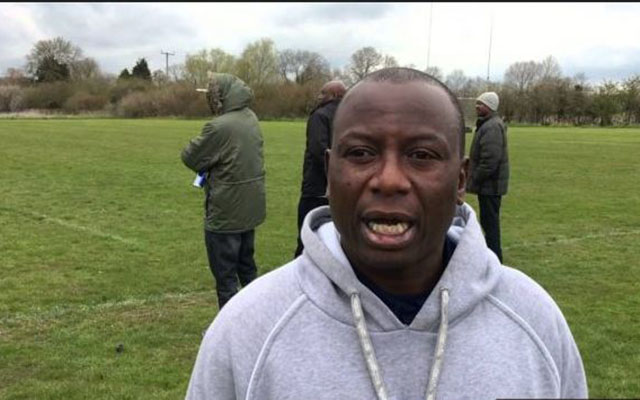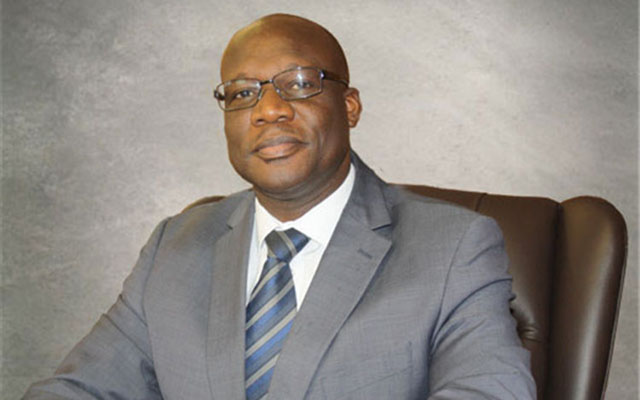EDITORIAL COMMENT: ARV shortage: A stitch in time saves nine

Zimbabwe is among sub-Saharan African countries working tirelessly to meet the United Nations’ 90-90-90 ambitious target to help end the HIV and Aids pandemic by 90 percent in 2020. On Monday, Zimbabweans woke up to news that seropositive people who are taking Abacavir — a second line ARV drug — are being given a week’s supply of the drug instead of the traditional three months because of dwindled stocks.
Abacavir is one of the commonly used ARVs for management of people who would have failed or reacted to the first line drugs.
Reports of shortages of life-saving second line anti-retroviral drugs in the country’s public health institutions are worrying and pose serious health implications for people living with HIV and Aids. Given relatively high levels of adherence to HIV treatment in Zimbabwe where an estimated one million people are on ARVs, 35 percent that are on second line ARV treatment and are affected by the shortages deserve to access treatment. Access to health care is a human right enshrined under the Universal Declaration of Human Rights and other health treaties which Zimbabwe is a signatory to.
The shortages, if not nipped in the bud, are likely to derail the country’s progress towards meeting the much talked about 90-90-90 targets as those on second line treatment will default on taking their medication. Research has shown that optimal adherence is essential to ensure individual treatment access and limit viral resistance.
Since one of the major constraints to procurement in 2017 has been the availability of foreign currency to buy ARVs, it becomes more relevant for the Minister of Health and Child Care Dr David Parirenyatwa to engage Minister of Finance Patrick Chinamasa and Reserve Bank of Zimbabwe Governor Dr John Mangudya and make clear to them the implications of HIV positive people not adhering to treatment. Dr Parirenyatwa should make them aware of how financing bottlenecks can easily affect adherence and reverse gains made so far.
If anything, health also acts as a development indicator of any country. Previously, second line drugs were procured with resources from the National Aids Trust Fund, also known as the Aids Levy, because stocks required were manageable.
HIV is a serious public health issue and ARV procurement should be elevated to the top of the RBZs priority list. Experience has shown that HIV care and treatment is complex and drug regimens must be carefully adhered to.
Yet, despite financial challenges at Government level, increased cases of drug resistant HIV are also contributing to shortages of Abacavir, hereby exerting pressure on traditional stocks of the drug.
The World Health Organisation (WHO) recently warned of a drug resistant HIV as an emerging threat in developing countries. Drug interruption has been cited for increased cases of this new strain.
As such, there are urgent calls to advocate immediate policy attention to be given to significant obstacles in ARV access.
There is also need to continue fighting stigma which inhibits adherence to ARVs.
In Zimbabwe, some sections of society, especially in urban areas still associate HIV with promiscuity and sort of criminalised it.
There are some people who still stigmatise HIV positive people.
Then the other challenge is social constructions of masculinity.
These interfere with both men and women’s ART adherence as many women if found HIV positive usually take time to tell their partners for fear of being labelled or even divorced.
Such women secretly take their medication and have problems adhering when they cannot access it. Other people fear disclosing their HIV status to friends and family fearing the lack of support. In the cities, people hide their status, not because they are ashamed, but fear the stigma that comes once they start talking about it.
This is unacceptable given the amount of work government and NGOs and other development partners have put in fighting stigma around HIV and Aids.
Government should also channel more funds towards the health budget so that HIV positive people have no reason to stop taking their ARVs.







Comments